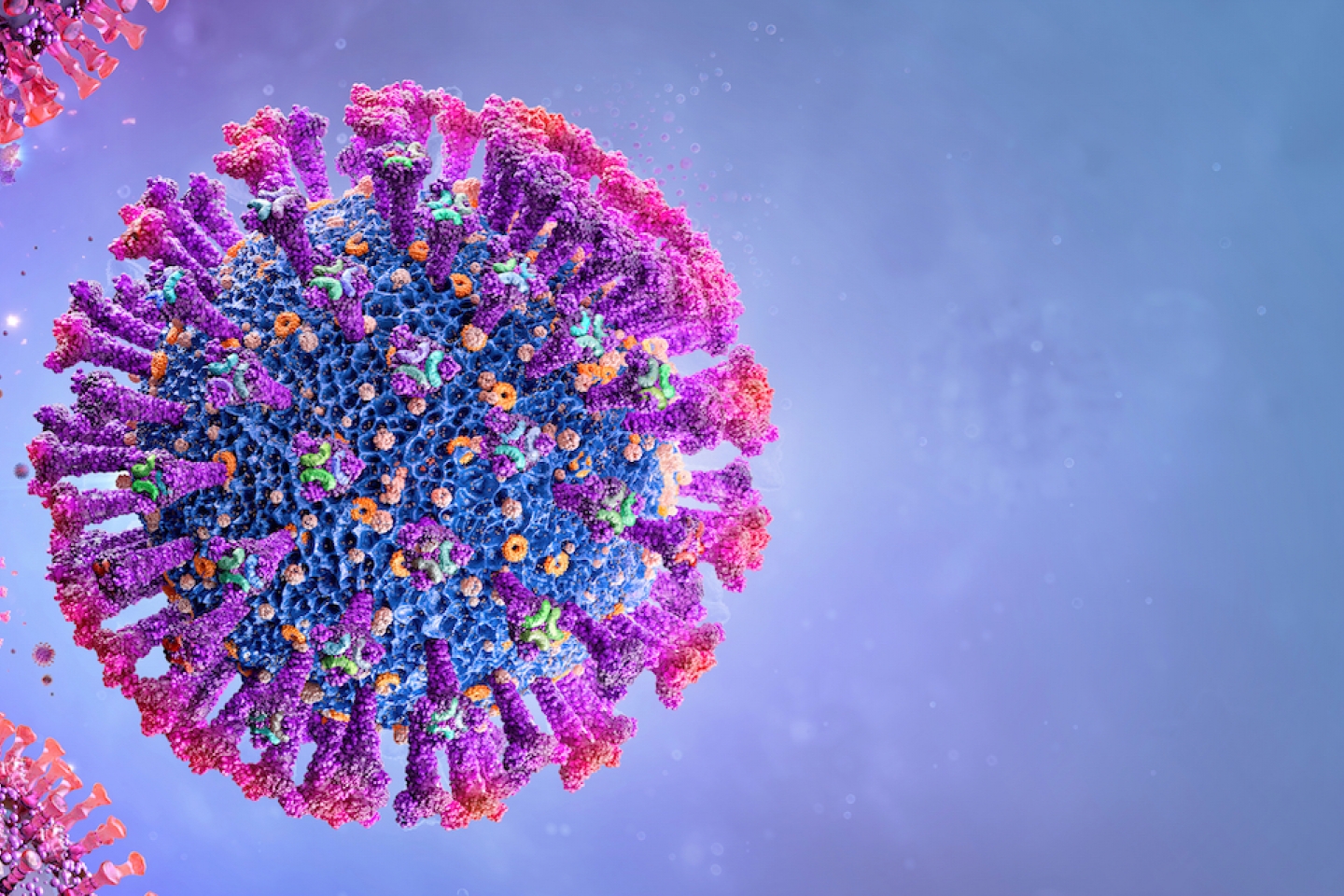
Updated July 9, 2021
Although the COVID-19 vaccines are beating back the virus, the latest variant, ‘Delta,’ is spreading worldwide and could take a powerful toll on unvaccinated populations, especially young adults and underserved individuals, according to Dr. Roy M. Gulick, chief of the Division of Infectious Diseases at NewYork-Presbyterian/Weill Cornell Medical Center and professor of medicine at Weill Cornell Medicine. “Delta currently accounts for about 51% of U.S. COVID-19 cases and is the variant that is increasing the fastest throughout the country,” Dr. Gulick says.
Technically called B.1.617.2, Delta is what the Centers for Disease Control (CDC) calls a variant of concern, which means it is more transmissible and severe than other variants. “The Delta variant is about 50% to 60% more transmissible than the original virus,” Dr. Gulick says.
Currently, B.1.1.7 or ‘Alpha’ is the most prevalent variant in the United States. But Delta is spreading fast. The CDC says it has infected people in 80 countries, and comprises more than 90 percent of cases in India and Britain. It comprised just 0.1 percent of cases in the U.S. in early April, 9.5 percent by early June and approximately 20.6 percent now, according to the CDC. “The Delta variant is spreading rapidly throughout the world. It is now the dominant viral strain in the United Kingdom and the U.S.,” Dr. Gulick says.
Even though there is no evidence that Delta is deadlier than other variants, its contagiousness alone could let it take a sizeable toll on unvaccinated populations, especially adults aged 18–29 years, rural versus urban residents, or people who are uninsured, impoverished, or lack access to a computer or Internet, the CDC says.
If you’re fully vaccinated--which means you’ve had two doses of the Pfizer-BioNTech or Moderna vaccines or one dose of the Johnson & Johnson vaccine--then you’re most likely protected against Delta. You’re far less protected, however, if you’re only half vaccinated. “Full vaccination with the mRNA vaccines (Pfizer and Moderna) protect well against the Delta variant and the other common variants. The Johnson & Johnson vaccine has not yet been tested, but likely also offers protection, though possibly at a lower rate,” Dr. Gulick says. Meanwhile, some studies have even found that complete vaccine regimens seem to be somewhat less effective at preventing infection from Delta than other strains.
Either way, vaccination is the best way to protect yourself and those you love, slow the spread of COVID-19, and discourage the emergence of new, more virulent variants. “Vaccines are the best tool we have to end the COVID-19 pandemic,” Dr. Gulick says. “People who can’t get vaccinated or don’t respond to vaccinations (for example, people with compromised immune systems) should continue to wear a mask, wash their hands, and practice social distancing.”
Pfizer COVID-19 vaccine appointments are available to our patients. Sign up for Connect today to schedule your vaccination. Review the latest on COVID-19 vaccines.